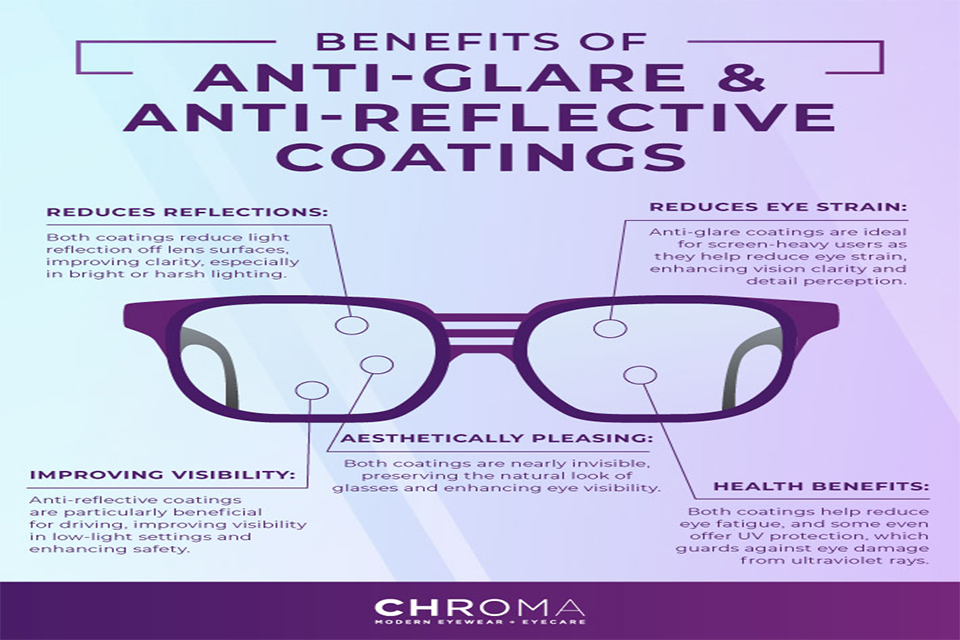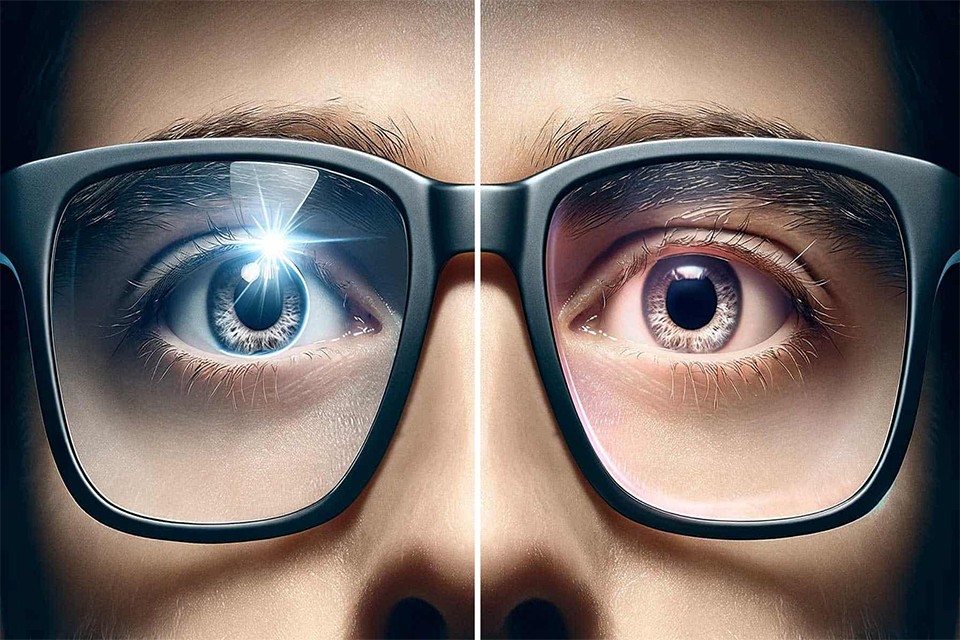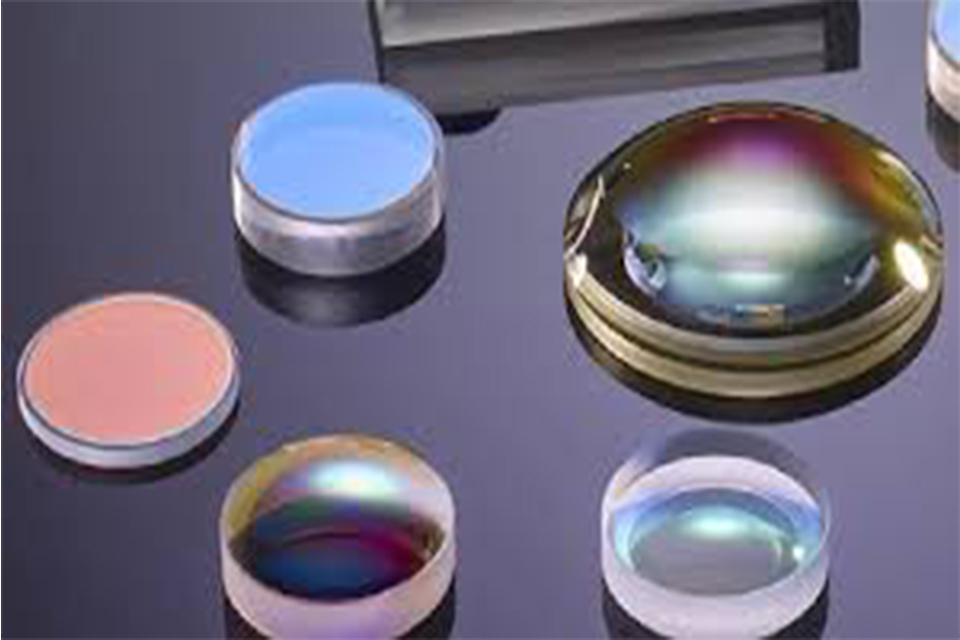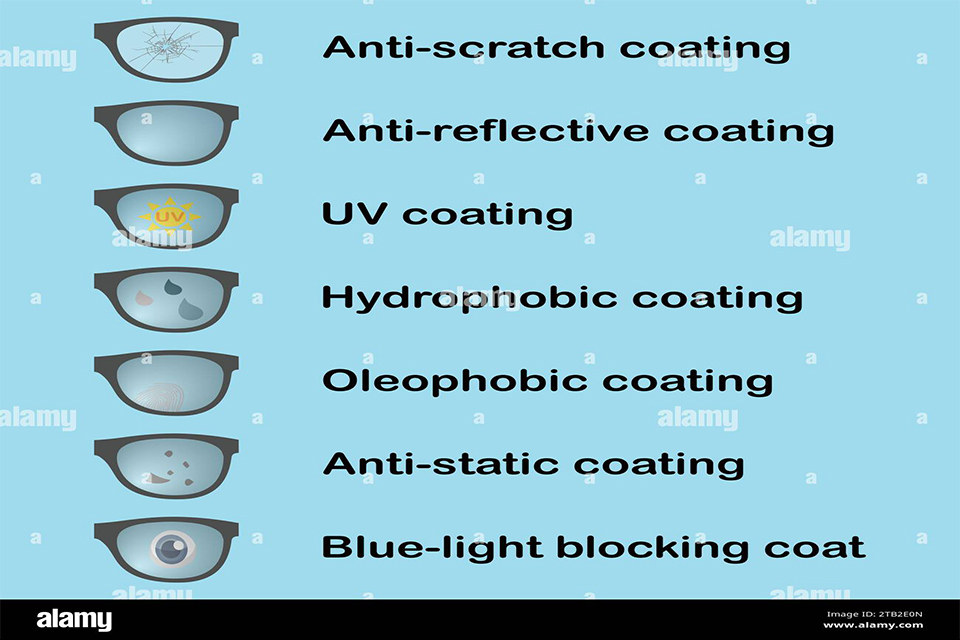In today's world, where digital screens dominate our daily lives, maintaining clear vision is essential. This is where anti-reflective (AR) coating on glasses comes into play. This article aims to demystify AR coating, explaining its benefits, how it works, and why it's worth considering for anyone wearing glasses. Whether you're curious about lens options or looking to enhance your eyewear experience, you'll find valuable insights here.
1. What is AR Coating on Glasses?
2. How Does Anti-Reflective Coating Work?
3. What Are the Benefits of Anti-Reflective Coating?
4. What Types of Lenses Can Have AR Coating?
5. How to Care for Glasses with Anti-Reflective Coating?
6. How Does AR Coating Reduce Reflections and Glare?
7. Is AR Coating Worth It?
8. What Are the Different Types of Lens Coatings?
9. How Do Photochromic Lenses Work with AR Coating?
10. What Should You Know Before Choosing AR Coating for Your Glasses?
Anti-reflective coating, commonly referred to as AR coating, is a thin layer applied to eyeglass lenses to reduce reflections. This coating enhances visibility by allowing more light to pass through the lens, making it easier for the wearer to see clearly. AR coating improves the aesthetics of glasses by minimizing glare, making it an essential feature for many eyeglass wearers.
The importance of AR coating cannot be overstated. It not only improves vision but also enhances the overall look of the glasses. By reducing reflections, AR-coated lenses allow others to see the wearer's eyes more clearly, which can foster better communication and connection.

AR coating works through a process called interference. The coating consists of multiple layers, each designed to reflect specific wavelengths of light. When light hits the lens, some of it reflects off the surface. The AR coating reduces this reflection by canceling out the light waves using constructive and destructive interference. This means that more light enters the eye, leading to improved clarity and vision.
Understanding how this coating functions helps wearers appreciate its value. Without AR coating, up to 10% of light can be lost due to reflection, making a significant difference in low-light conditions or when using digital devices.
The benefits of AR coating are numerous. First and foremost, it enhances visual clarity by reducing glare and reflections. This is particularly beneficial when driving at night or working on a computer, as it minimizes distractions caused by bright lights.
Additionally, AR coating makes glasses more aesthetically pleasing. With fewer reflections, wearers can enjoy a clearer view of their eyes. This can enhance personal interactions and boost confidence. Furthermore, AR-coated lenses are easier to clean, as they resist smudges and dirt better than untreated lenses.
AR coating can be applied to various types of lenses, including single vision, bifocal, and progressive lenses. This versatility makes it an excellent option for anyone, regardless of their vision correction needs.
Moreover, AR coating is also compatible with photochromic lenses, which darken in sunlight. This combination provides wearers with the benefits of both glare reduction and adaptive light control, ensuring comfort in varying lighting conditions.

Caring for glasses with AR coating requires a gentle touch. To keep them in optimal condition, it's essential to use a microfiber cloth for cleaning. Avoid using paper towels or clothing, as these can scratch the coating.
Additionally, using a mild soap solution can help remove stubborn dirt or smudges. It's crucial to rinse the lenses thoroughly and dry them with a soft cloth to prevent any residue from forming. Regular maintenance ensures that the AR coating remains effective and enhances the longevity of your lenses.
AR coating significantly reduces reflections and glare by allowing more light to pass through the lens. This feature is particularly beneficial in bright environments, such as outdoors or in offices with fluorescent lighting.
By minimizing glare, AR coating enhances visual comfort, making it easier to focus on tasks without distractions. This is especially helpful for those who spend long hours in front of screens, as it helps reduce eye strain and fatigue.
Many wearers consider AR coating a worthwhile investment. The enhanced clarity and reduced glare significantly improve the overall eyewear experience. While there may be an additional cost associated with AR coating, the benefits often outweigh the price.
For individuals who frequently use digital devices or drive at night, AR coating can make a noticeable difference in comfort and clarity. Ultimately, the decision should consider personal needs and lifestyle, but many find that the advantages justify the investment.
Beyond AR coating, there are several other lens coatings available. These include scratch-resistant coatings, which protect lenses from damage, and UV coatings, which shield the eyes from harmful rays.
Each of these coatings serves a specific purpose, and many wearers opt for lenses that combine multiple coatings for maximum protection and comfort. Understanding these options can help you choose the best lenses for your needs.

Photochromic lenses are designed to darken in response to sunlight, providing wearers with protection from UV rays. When combined with AR coating, these lenses offer the benefits of glare reduction along with adaptive light control.
This combination is particularly useful for individuals who transition between indoor and outdoor environments frequently. The AR coating enhances visibility while the photochromic feature adjusts to changing light conditions, creating a versatile eyewear solution.
Before opting for AR coating, consider your lifestyle and vision needs. If you spend a lot of time in front of screens or drive frequently at night, AR coating can provide significant benefits.
It's also essential to consult with your eye care professional. They can recommend the best lens options and coatings based on your specific requirements. Understanding the different types of coatings available will help you make an informed decision that enhances your eyewear experience.
AR Coating: Enhances vision by reducing reflections and glare.
Benefits: Improved clarity, aesthetic appeal, and easier maintenance.
Compatibility: Can be applied to various lens types, including photochromic lenses.
Care: Use microfiber cloths and mild soap solutions for cleaning.
Value: Often considered worth the investment for frequent users of digital devices or night drivers.

By understanding the importance and benefits of anti-reflective coating, you can make informed decisions about your eyewear. Embracing AR-coated glasses can lead to a clearer, more comfortable vision experience.
Contact: Ashley Wu
Phone: +86 17773983073
E-mail: [email protected]
Add: 708 Room A Buiding Huafeng International Robot Industrial Park Xixiang Bao'an